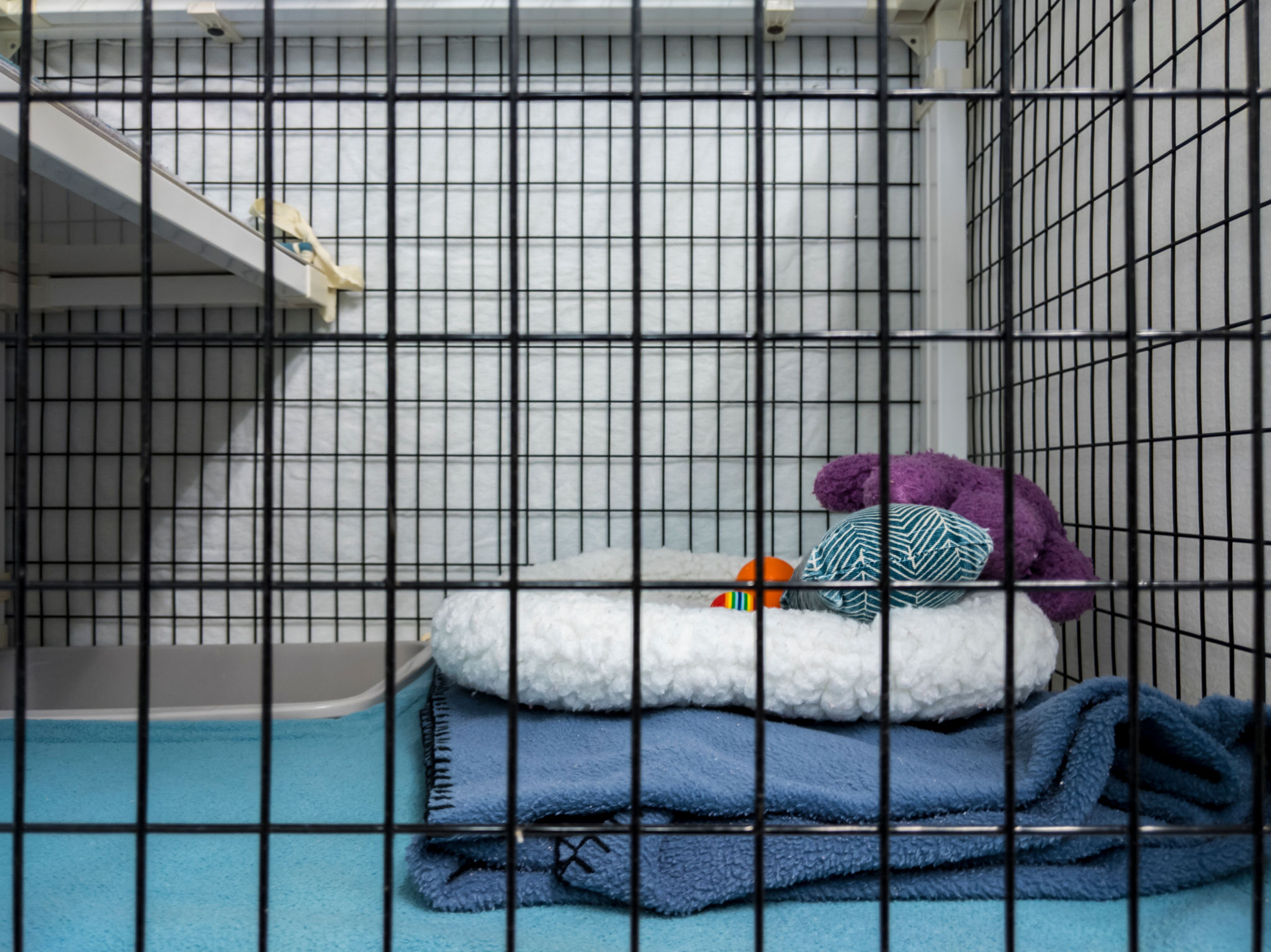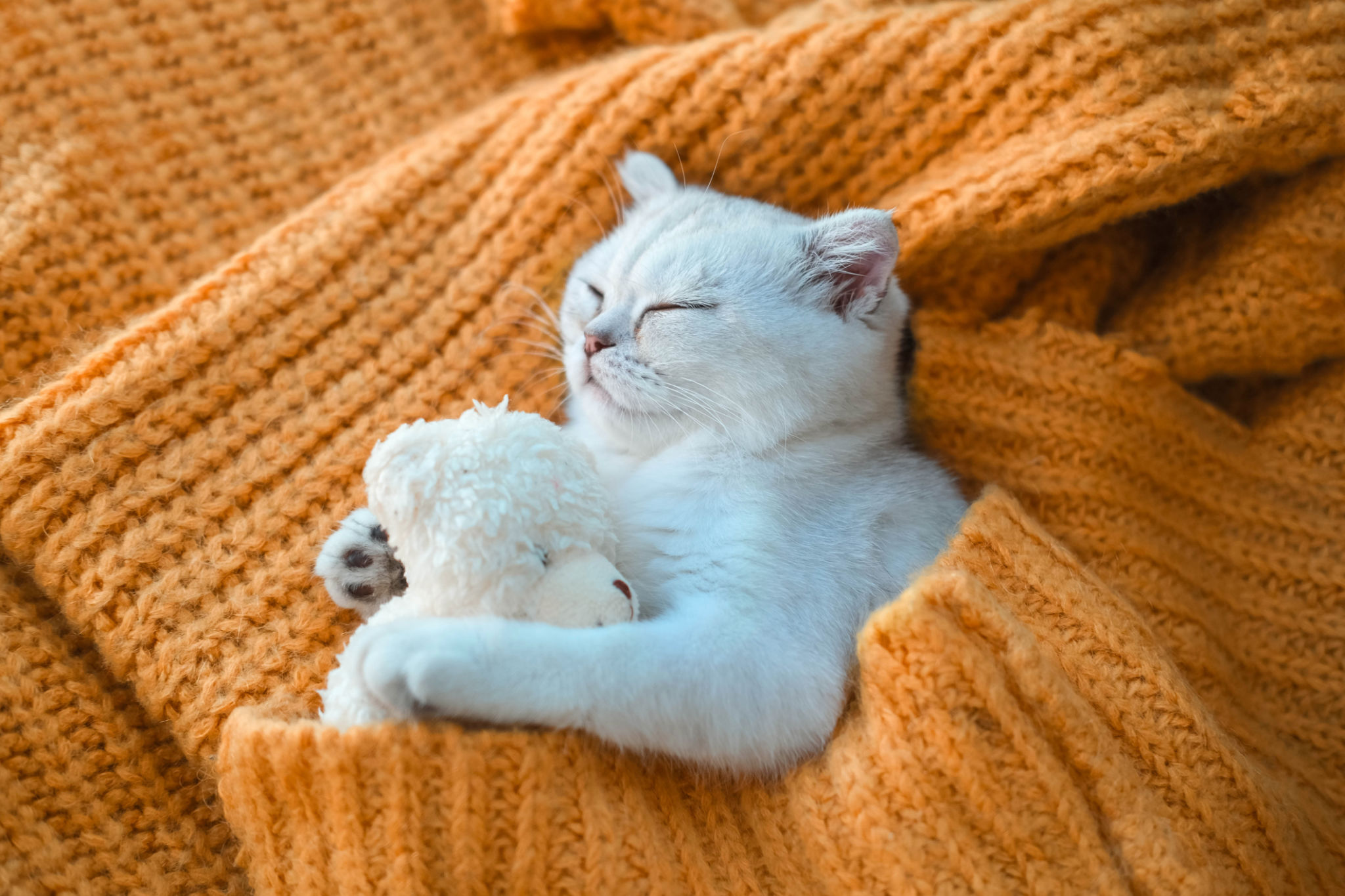Seasonal Tips for Boarding Your Pet in Dripping Springs
Understanding Seasonal Challenges
Boarding your pet in Dripping Springs requires special attention to seasonal changes. Each season brings its own set of challenges and considerations for keeping your pet comfortable and safe. Whether it's the sweltering heat of summer or the chilly breezes of winter, being prepared can make all the difference in your pet's boarding experience.
In the summer months, the primary concern is heat. Ensure that the boarding facility has adequate cooling systems in place. Pets, especially dogs and cats, are susceptible to heatstroke if not properly cared for. Make sure the facility offers plenty of fresh water and shaded areas for relaxation.

Choosing the Right Facility
When selecting a boarding facility, it's crucial to choose one that aligns with the needs of your pet during specific seasons. Inquire about their heating and cooling capabilities, as well as their policy for outdoor time during extreme weather conditions.
Visit the facility beforehand to assess their amenities. Look for proper ventilation, cleanliness, and ask about their emergency procedures. A well-prepared facility will have plans in place for unexpected weather changes and will prioritize your pet's wellbeing.

Preparing Your Pet for Boarding
Before boarding your pet, it's important to prepare them for the experience. This is particularly vital during seasons with extreme temperatures. Acclimate your pet by gradually introducing them to similar environments and temperatures as those in the boarding facility.
Ensure your pet is up to date on vaccinations and flea/tick preventatives, as these are often required by boarding facilities to prevent disease outbreaks. Additionally, pack familiar items such as a favorite blanket or toy to provide comfort and reduce stress while they are away from home.

Seasonal Health Considerations
Each season comes with unique health considerations for your pet. In spring and summer, be mindful of allergens that could affect your pet's respiratory system or skin. Ensure the boarding facility is equipped to handle any allergy-related issues that may arise.
During fall and winter, cold weather can affect pets just as it does humans. If your pet has short fur or is particularly susceptible to cold, ask if the facility provides additional blankets or heated areas. It's important that your pet stays warm and comfortable during their stay.
Maintaining Routine and Diet
A consistent routine can provide stability for your pet while they are boarded. Discuss their feeding schedule with the boarding staff and provide detailed instructions on portion sizes and dietary restrictions if any.
If your pet is on a specific diet, make sure to supply enough food for the duration of their stay. Sudden changes in diet can lead to digestive issues, so maintaining consistency is key.
Post-Boarding Care
After picking up your pet from the boarding facility, monitor them closely for any signs of stress or illness. It's normal for pets to be a bit disoriented after a stay away from home, but they should quickly readjust once back in familiar surroundings.
If your pet seems unusually lethargic or shows signs of distress, consult with a veterinarian. With proper preparation and care, boarding can be a positive experience for both you and your pet, regardless of the season.
